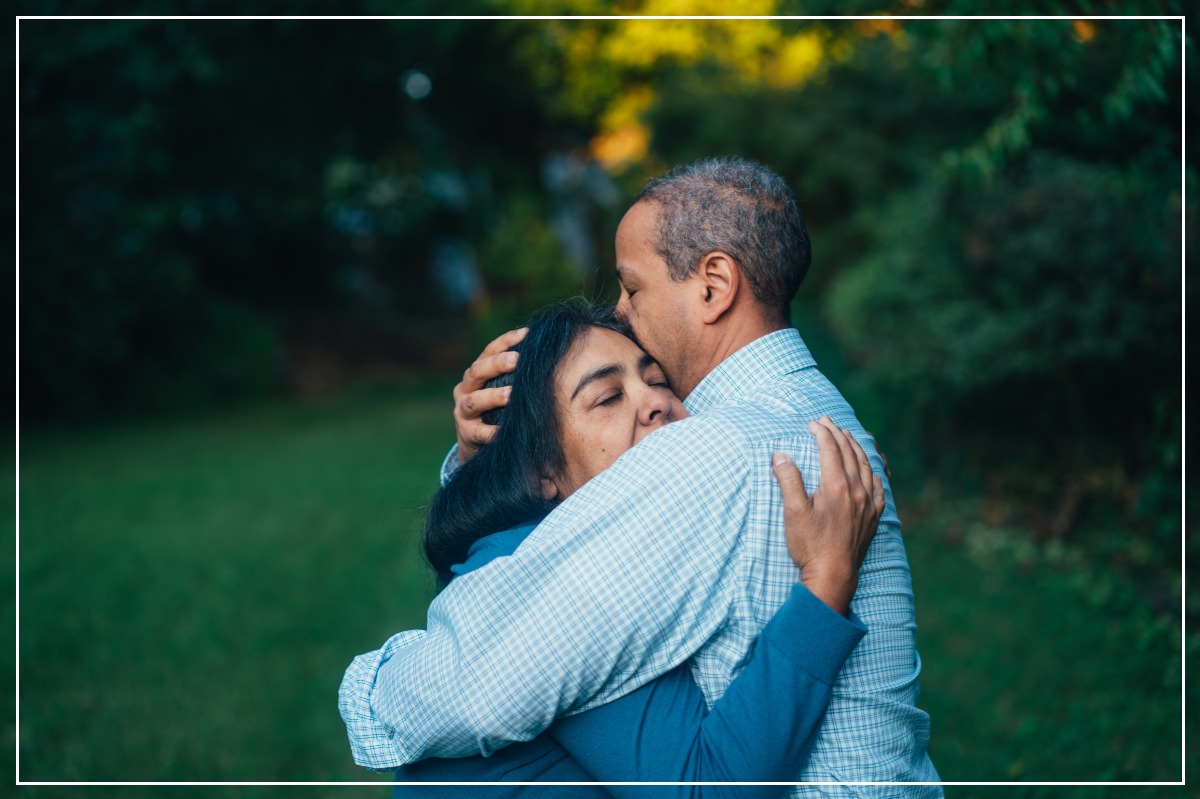
If you’ve experienced trauma of any kind, it can feel hard to open up. You may not trust the people in your life. Opening up is an essential part of healing, though.
Creating a Safe Environment
The first thing you should consider in this situation is your safety. If you question your physical or mental safety with a specific loved one, you may not want to disclose the information to them. Your safety is the utmost priority.
If you experience paranoia as a trauma symptom, you can discuss the safety aspect with your therapist. They can help you discern the rationality of your feelings. Ultimately, nobody in your life is entitled to knowledge about you and your experiences. Full stop.
Outside of ensuring physical and mental safety with your loved one, feeling safe in your environment will help you speak about your trauma. You should consider where you want to have the conversation. A coffee shop so that you can leave at any time? Your home so that you know your environment? A therapist’s office so that someone qualified can mediate? The decision is ultimately up to you, but you should consider the last option seriously.
Why Should You Use a Therapist as a Mediator?
When approaching a discussion about trauma with a loved one, therapists can assist everybody in maintaining a productive conversation. They’re trained in facilitating open and honest communication. They’ll encourage all parties to take their time in sharing, processing, and responding. If you or your loved one copes with stifled emotions, they’ll help you both identify your feelings; then, they will help you process those feelings. With their help, you’ll feel in control of the situation, rather than feeling that your trauma calling the shots. If you want to pursue this, you should find a marriage and family therapist (MFT) or a trauma-specific talk therapist.
Conversational Techniques
When preparing for your conversation, you might want to write out bullet points about the traumatic events. Speaking about trauma can make you flustered or triggered. A list of what you want to say will help you stay on track throughout the conversation.
You should also make “I feel…” statements if the person you’re talking to is involved in the trauma. This will likely bring down their guard and cause them to feel more receptive to hearing what you have to say.
Decide what you want to get out of this conversation. Does the person you speak to need to adapt to your triggers? Do you need support for your post-traumatic stress disorder (PTSD)? Will you involve them in your treatment plan? The conversation will stay productive if you know your desired outcome.
It can feel difficult to talk about your trauma with your loved ones. When they’re a part of your treatment support system, it’s essential to discuss the topic. Before opening up about your trauma, you should ensure your physical and emotional safety with the person. It helps to plan what conversational techniques you’ll use. Seeking the assistance of a therapist can ease the process. At The Guest House, we offer inpatient and outpatient trauma-specific treatment programs. Our therapists can help you process and discuss your trauma. When you’re ready to start healing, please call us at (855) 483-7800.